I bought this pedal to try to replace a TC Electronics Quintessence, which I find to be very good but lacking some output volume and the finer 3 part harmony control that's available on the X2. While the X2 is louder and can be used to dial in nearly any three part harmony you want, there are so many practical issues with this pedal that I cannot recommend it.
The main problems are as follows:
- There is clear latency, and the tone of the harmonised voices is warped in my view.
- The controls for selecting key and tonality are not the smoothest, because all the space for dials on the pedal has been taken up by controls for volume of each shifted voice and the dry signal. To try to compensate, Mooer has assigned a simultaneous tap of both footswitches to a menu mode where you can scroll through them faster. In doing this however, you now need to press the left and right footswitch *individually* to engage or disengage bypass mode!? It's worth saying at this point that, because ease of switching key has been sacrificed to include individual voice mix controls, in order to get the most out of this pedal you would really want to be using both available harmony voices. But then you run straight into the reality that there is no one bypass switch. Each to their own, but for my purposes this is a serious setback.
- The biggest dealbreaker for me has to be the following. Irrespective of which settings the NOTE L and NOTE R dials are set to, upon changing key or tonality the pedal will "forget" your settings and default to a +3L, -4R voicing in major keys, or a +3L -3R voicing in minor keys. In order to retain your settings for these dials, you have to move them forwards and backwards by one notch. This is really frustrating!? Though there is a table in the manual showing these settings, nowhere does it say that they will be defaulted to over the settings that you set yourself for each voice. Perhaps you could override this with the preset setting of the pedal, but I'm so disappointed already that I haven't bothered trying. What if there's a third voicing I want!?
To conclude, if you really like triads (i.e. the "default" major/minor harmony voicings) or are willing to bend down and reenter your settings each time, *and* you are willing to forego some tone *and* accept some latency, this pedal can do a lot. But, I can't accept those things - I'll stick to my current pedal. Sorry to sound so negative! The build quality is good, at least.



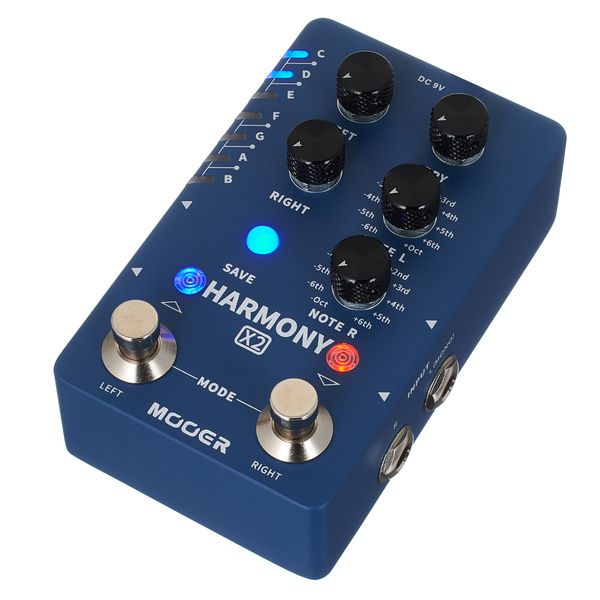
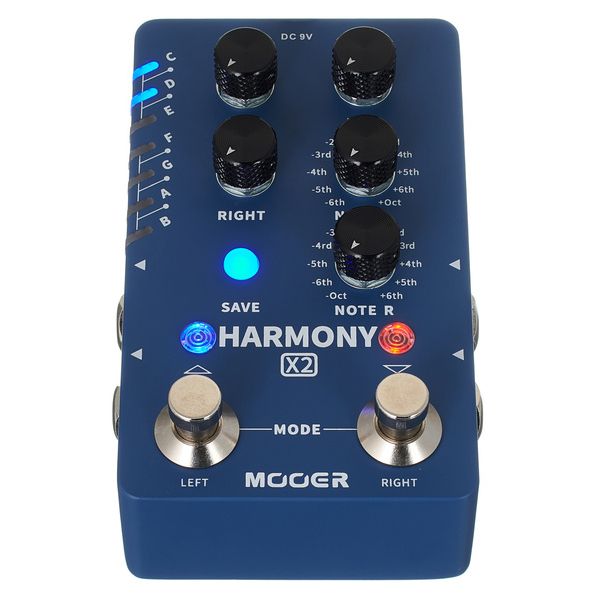
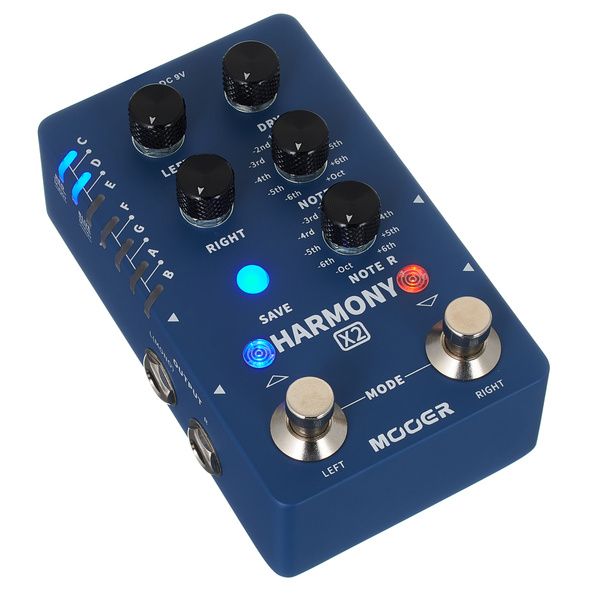
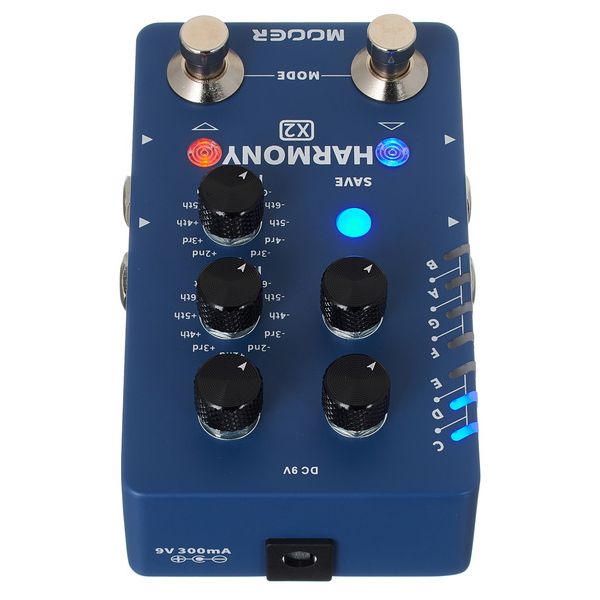
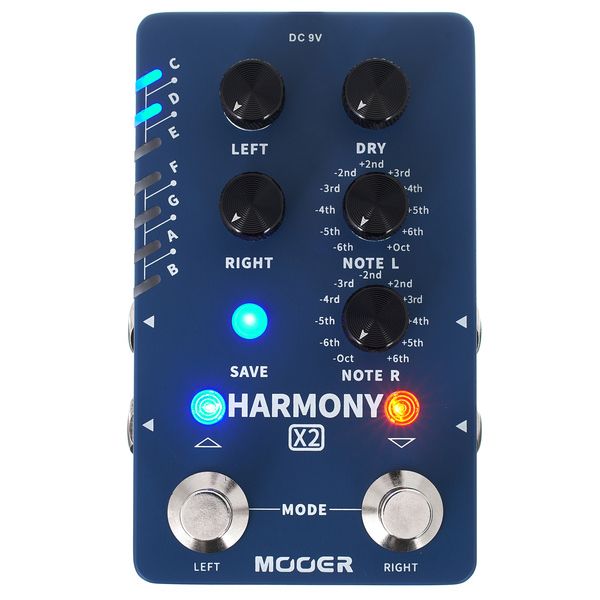
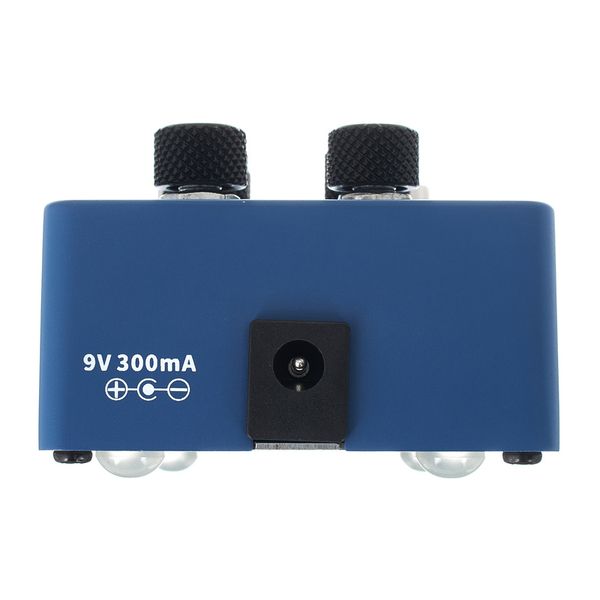
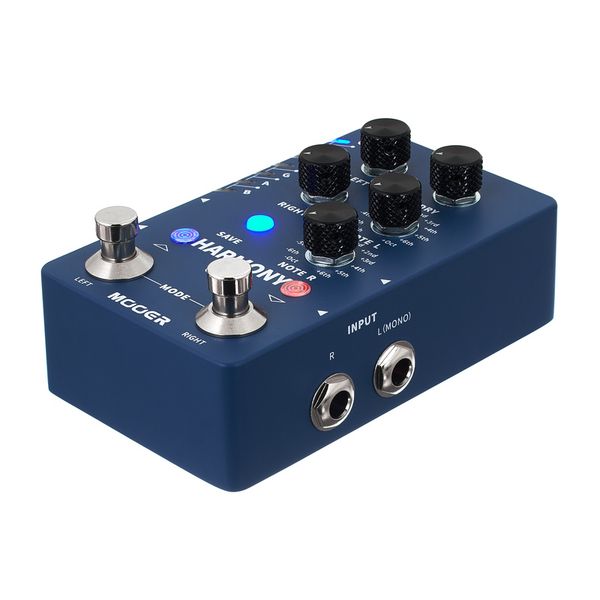
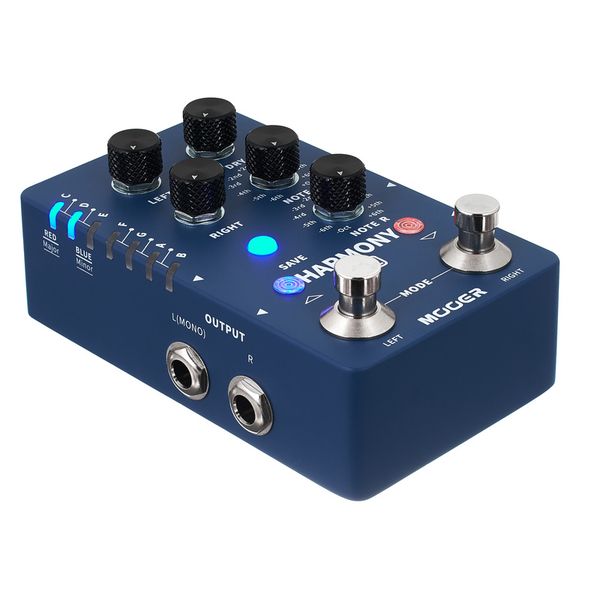
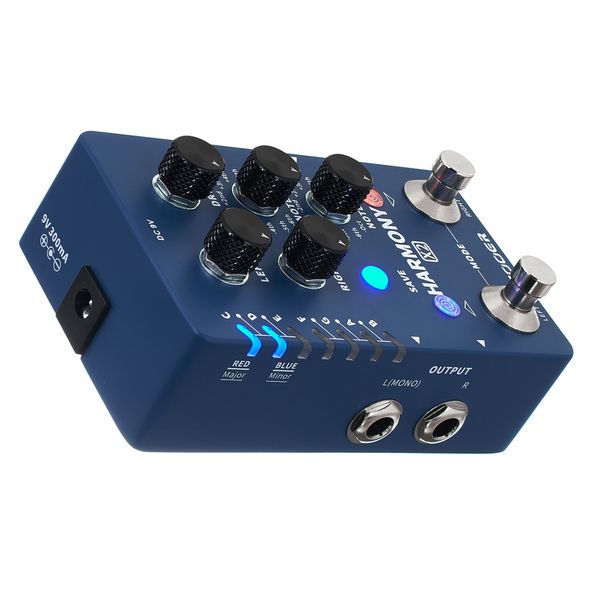
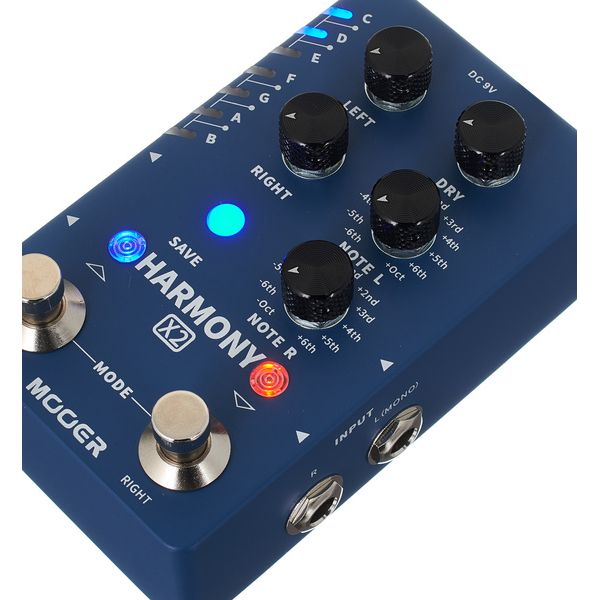
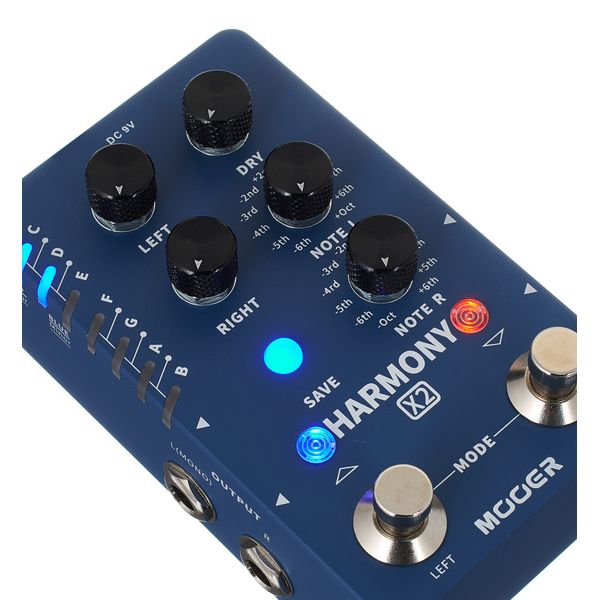
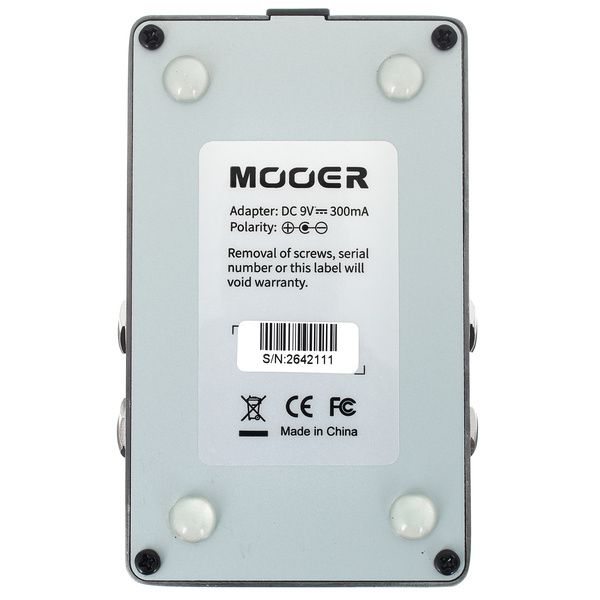
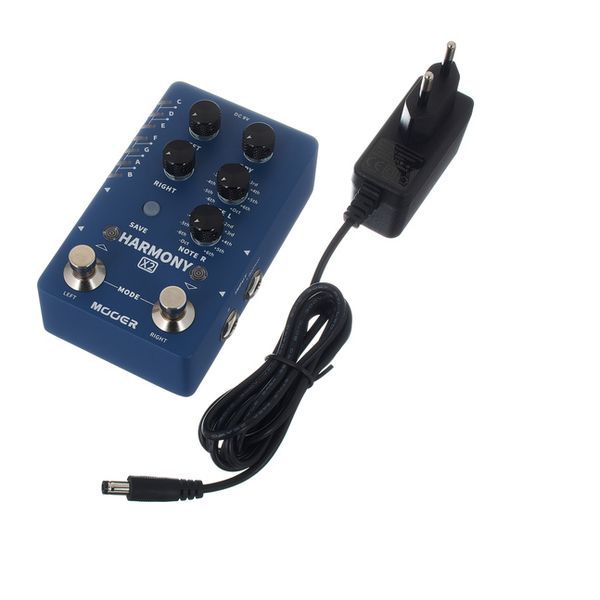














)
)
)
